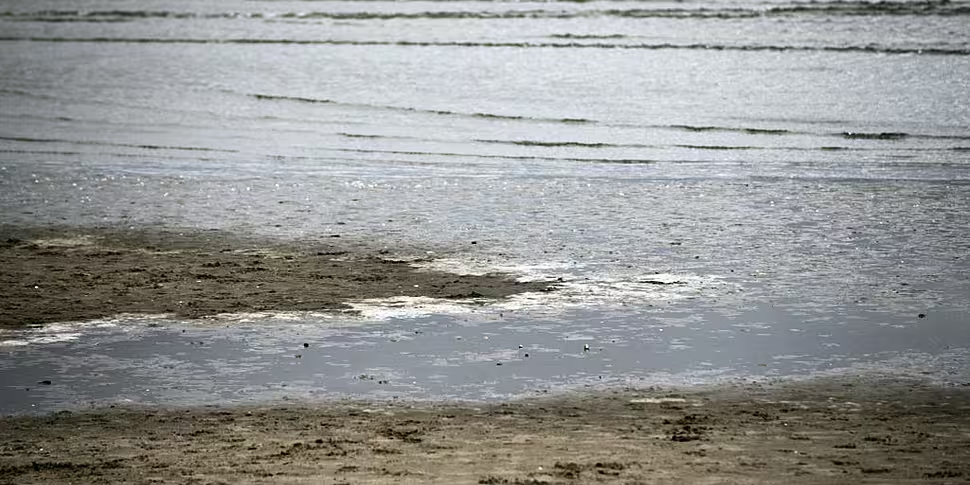Dangerous jellyfish that cause nausea and headaches have been spotted on a Dublin beach.
Severe Lions Mane jellyfish stings often lead to needing medical attention.
Fingal County Council is warning not just swimmers but all beach users to be vigilant.
It says conditions are ideal for lions mane jellyfish from the middle of August up to the second week in September.
While a red flag is up on Sandycove beach after the jellyfish were seen there.
Patrick Corkery got stung multiple times during a swim in 2014 and is still feeling the effects:
"I got stung on my face, my arms, my body, all day long.
"Internally you don't know how it's going to affect you.
"After 11 hours my breathing became very difficult, I couldn't keep my head in the water."
Fingal County Council is urging bathers to be extra vigilant on all of our beaches where Lions Mane jellyfish are found. Lion’s Mane stings can cause nausea, sweating, cramps, headaches & other symptoms & severe stings should seek urgent medical attention: https://t.co/VEuVYT5SdS pic.twitter.com/ktSkKNkOAR
— Fingal County Council (@Fingalcoco) August 18, 2020
Mayor of Fingal David Healy says anyone using the beach needs to be careful:
They give a pretty srong sting so people should watch out if theyre swimming but also on the beaches.
The stings are still alive even if the jellyfish has been washed up".
A sting from a Lion’s Mane jellyfish can cause nausea, sweating, cramps, headaches while severe stings may require urgent medical attention.













